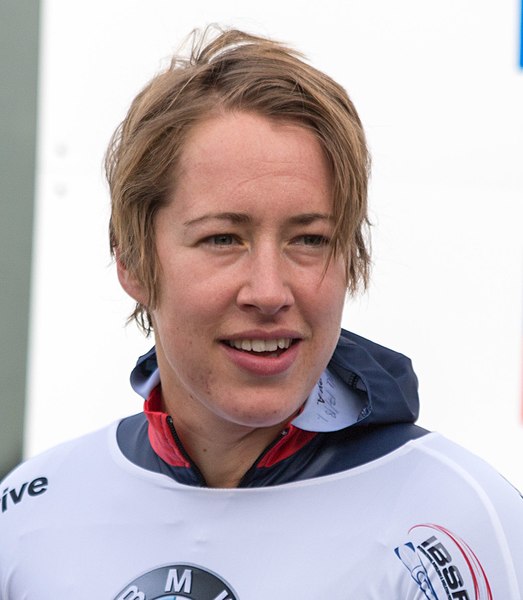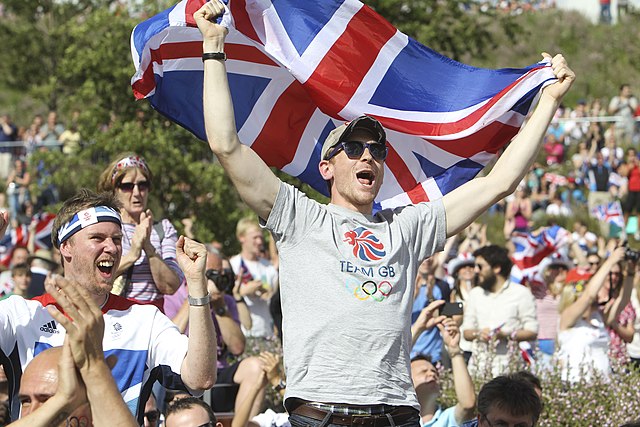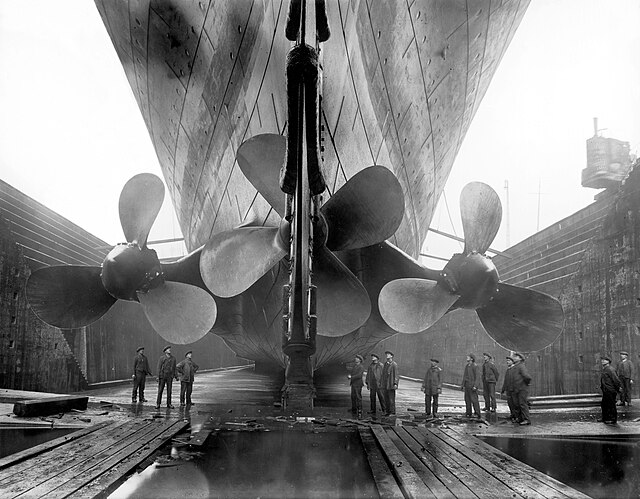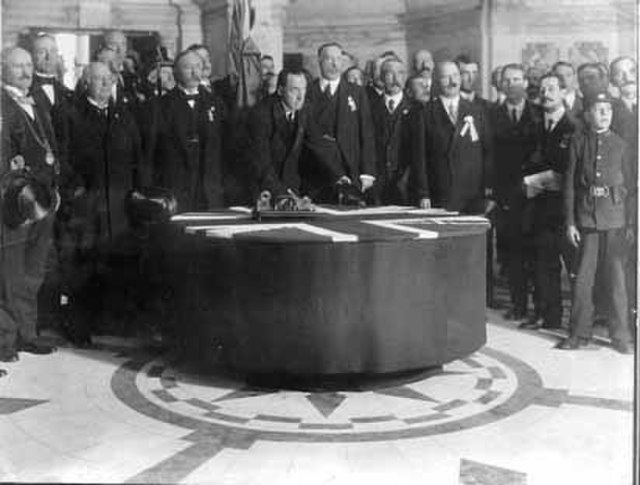Great Britain at the Olympics
The United Kingdom has been represented at every modern Olympic Games, and as of the 2020 Summer Olympics is third in the all-time Summer Olympic medal table by both number of gold medals won and overall number of medals. London has hosted the Summer Olympic Games three times: in 1908, 1948, and 2012.
A heroes' welcome for Welsh Olympians and Paralympians at the Senedd building, 2012
Jason Kenny (top) has won the most gold medals of any British Olympian, with seven; his wife Laura Kenny (centre) has the most gold medals of any female British Olympian, with five. Lizzy Yarnold (bottom) is the most successful British Winter Olympian, with two gold medals.
Fans celebrate Great Britain men's tennis player Andy Murray winning gold, 5 August 2012
Image: 2015 UEC Track Elite European Championships 178
Northern Ireland is a part of the United Kingdom in the north-east of the island of Ireland that is variously described as a country, province or region. Northern Ireland shares an open border to the south and west with the Republic of Ireland. At the 2021 census, its population was 1,903,175, making up around 3% of the UK's population and 27% of the population on the island of Ireland. The Northern Ireland Assembly, established by the Northern Ireland Act 1998, holds responsibility for a range of devolved policy matters, while other areas are reserved for the UK Government. The government of Northern Ireland cooperates with the government of Ireland in several areas under the terms of the Belfast Agreement. The Republic of Ireland also has a consultative role on non-devolved governmental matters through the British–Irish Governmental Conference (BIIG).
RMS Olympic, sister ship of Titanic, photographed in dry dock, Belfast
Signing of the Ulster Covenant in 1912 in opposition to Home Rule
Crowds in Belfast for the state opening of the Northern Ireland Parliament on 22 June 1921
James Craig (centre) with members of the first government of Northern Ireland








